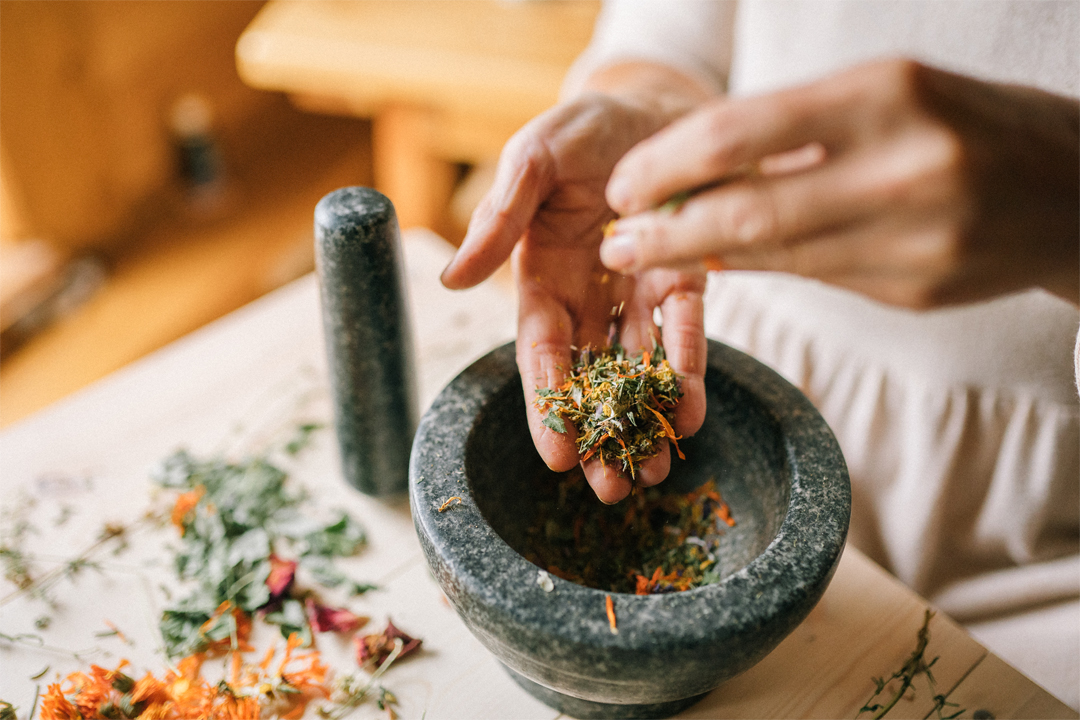Medicine has been around for a long, long time. When I say medicine, I don’t necessarily mean modern medicine; I mean the medicine that traditional healers have been getting from the earth and ocean since time immemorial. The doctors and nurses who plied their craft without degrees, without university training, without shining, clean hospitals, and a staff of hundreds to help them get their patients safely through whatever comes their way. Observations and understanding of illness and physical issues and pain have changed a lot since the first “physicians” worked on the first patients, but traditional and natural medicines are still favored by millions, if not billions, of people in many different places all over the world. Running decentralized clinical trials for traditional medicines takes a keen eye and a practiced hand because, while these medicines are mostly herbal or natural in origin, that doesn’t always mean they work for every person every time. We’ve consulted with the professionals and put together the essential information you’ll need going into your clinical trial for any herbal medicines.

The Need for More Research
While herbal medicines have been part of medicine since the very first healer treated the first patient, it’s not as big a part of modern medicine and most doctors’ habitual prescribing methods as many people would like. We believe there is a need for more research and testing in the arena of herbal medicines. Various modern surveys have highlighted that traditional medicine is still in use all over the world, but especially in more rural and underserved areas. Natural medicine can be incredibly effective, and the more research and development priority is placed on it, the more tried and tested natural medications can be offered to patients. Clinical trials of these medicines must be encouraged and funded so that professionals can prove the efficacy of the medicines. We advise using single and consistent batches to best prove or disprove their usefulness. While almost all herbal practitioners asked do not believe that clinical trials are necessary for herbal treatments, it is a necessary step to prove to the world at large that these medicines are effective and safe to use as directed.
The Challenges
Issues of product control are among the most concerning in the regulation and testing of this medicine. Standardization of completely natural medicines can be a challenge because each plant or herb can contain different quantities of relevant properties. This is one of the chief reasons that research and testing are so necessary for this arena. Modern medicine and traditional medicine have vastly different approaches and even understandings of conditions and treatments: the challenge we face is getting these professions to work together for a successful outcome.
The Steps
The steps and requirements for the medicine vary depending on the condition:
- Acute: Conditions with a rapid onset and short duration
- Chronic: Slow onset with a long duration.
- Health Condition: Conditions that could possibly resolve themselves with time.
The following scenarios are all but the norm when it comes to testing herbal drugs.
- First, herbal drugs whose efficacy is fairly well-known and established
- Second, herbal drugs whose effects are likely to roll out a certain way but about which not a lot is currently known
- Lastly, herbal drugs that are fairly untested but have been used in traditional medicine for a long time.
Here are the steps that will be followed in the clinical trial.
- Discovery and development: this will include the above-mentioned separation of conditions and medicines. Selections are refined and narrowed down.
- Preclinical research: understanding the above and separating the research into the categories needed to proceed. Has the drug ever caused harm?
- Clinical research. Patient candidates are narrowed down, objectives are listed and clarified, and so are analysis techniques. Tests are conducted, and data is collated for review.
- Regulatory body approval. A review team decides if all the necessary steps have been followed and then analyzes all the data again. This process can take between 6 to 10 months.
- Post-market safety monitoring. Once the drug hits the market, its effects and use are still monitored to collect further information. This step is essential as it watches over the people using the drug and how doctors are prescribing it to measure long-term effectiveness and safety.
Wrap Up
The preparation for a trial, the actual trial and monitoring of the medicine after it has gone to market, the staff and patients involved, and the years of research that go into a trial like this are all essential cogs in the wheels that keep this medical marvel of a system turning and functioning well.
Comments
comments